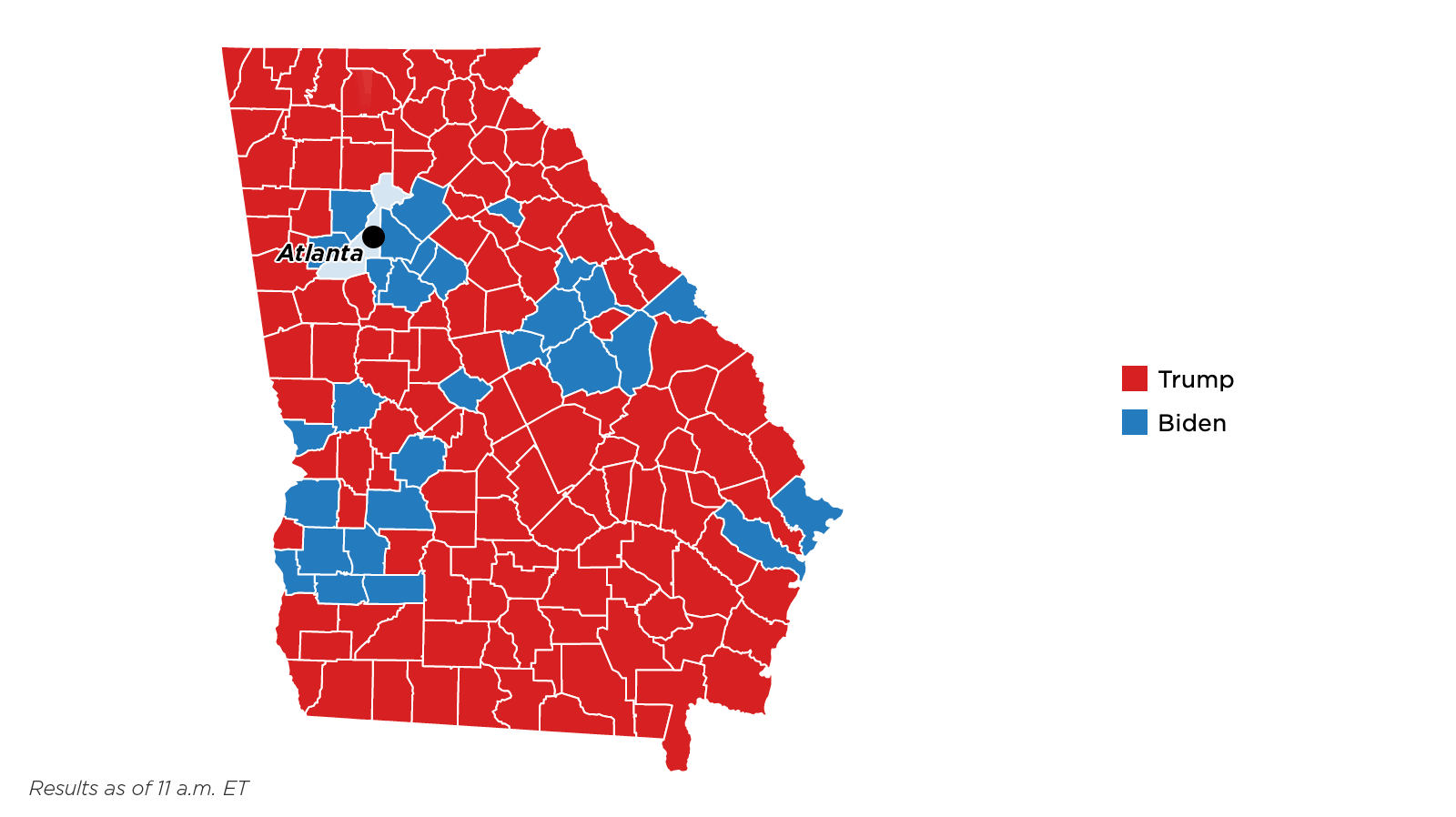By: Park MacDougald
Supporters of a two-state solution in Israel and Palestine were for the most part relieved following the January 22nd elections. Although Prime Minister Binyamin Netanyahu’s Likud-Beitenu alliance won a plurality of 31 seats out of 120, the right-wing electoral sweep predicted by many failed to materialize, and Netanyahu left the election significantly weakened. The surprise winner of the election was the center-left Yesh Atid and its leader – celebrity journalist-cum-politician Yair Lapid, who came in 2nd with 19 seats.
Early speculation that Netanyahu and Lapid might easily form a coalition proved to be premature. Tensions between the parties escalated almost immediately, helped along by Lapid’s boast that he expected to become Prime Minister in the next election. However, in an announcement on February 25th, Netanyahu confirmed that he would invite Lapid’s Yesh Atid, as well as the ultra-nationalist Jewish Home Party (led by Naftali Bennett) to join the new coalition government. Lapid and Bennett, though nominally on separate ends of the spectrum, had reached an agreement that neither would join a ruling coalition without the other, making it extremely difficult for Netanyahu to form a government without them. Although still nominally in the process of formation, a Netanyahu-Bennett-Lapid coalition seems all but inevitable.
Much was made after the election of Yair Lapid’s statements on the Israeli-Palestinian peace process, and specifically his commitment to a two-state solution. Foreign Policy wrote glowingly about Lapid, and Yaakov Peri, a Yesh Atid official and the former head of Shin Bet, has stated that Lapid is willing to serve in the opposition if Netanyahu is unwilling to seriously negotiate with the Palestinians. The flexibility of Lapid’s stance remains unclear. In a pre-election interview with the Jewish Chronicle, he said:
The Israeli right has realised that we cannot rule three-and-a-half million Palestinians forever. The left has realised that this daydream of two nations living together… actually, it goes even deeper than that. They’ve realised that this idea that all men have been created the same and that all they want is peace, love and to be able to support their amilies, is just bogus. Because people have different needs and wants, and for the Palestinians, their desire to have their own version of nationalism is stronger than peace and love and let’s all hold hands and be friends.
My thinking is that the conclusion of the collapse of these two ideologies, is that it is not for peace we should aspire, but for a solid agreement which would help us separate as efficiently as possible.
Though these statements represent progress, they are not exactly the words of the dove that the Western media is attempting to project.
Moreover, much of Lapid’s electoral success has to do with, not the peace process, but areas of Israeli domestic politics that receive considerably less attention in the international press: secular resentment over Orthodox exemptions from military service; and middle-class economic insecurity, especially as related to the skyrocketing cost of housing, and the “social justice” protests of 2011. Lapid’s coalition partner, Naftali Bennett, is close to him on economic issues, and has proven willing (to the ire of the haredim) to negotiate on “equalizing the burden” of military service. However, it is unlikely that Bennett, who has stated that he will do “everything in [his] power to make sure they [the Palestinians] never get a state,” will be willing to cede much ground on the issue. And although Netanyahu pays lip service to the peace process, in practice his policies are probably closer to those favored by Mr. Bennett than by Mr. Lapid.
Given the circumstances, it seems plausible that if Lapid enters a governing coalition with Netanyahu and Bennett, he will defer on the issue of Palestine and focus on more politically popular domestic issues. In a statement on his Facebook page, Naftali Bennett wrote, “thanks to the coordination [between Lapid and I], now the government will be oriented toward internal socioeconomic issues and not only diplomatic ones,” suggesting that such an agreement has already been reached.
This might be a wise political move, as much of Yesh Atid’s base consists of disaffected Likud voters concerned about the economy. In addition, Lapid’s position on Jerusalem – full Israeli control – has traditionally been a nonstarter for the Palestinians in negotiations. This means that Lapid could nominally advocate for peace, knowing all the while that the Palestinians will reject his offer. This in turn would allow him to play the role of peacemaker to international audiences (“Look! I’m trying so hard to negotiate a settlement”) without stepping on his coalition partners’ toes, and protecting his image at home and abroad in preparation for the next Israeli election – in which he will be a favorite to become Prime Minister. Whatever the case, a significant change in Israeli policy seems unlikely in the near future.

